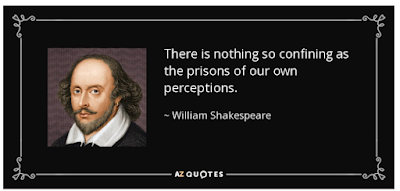St. Michael the Archangel, defend us in battle...
I've noticed that in the past year, the philosophical soldiers of light are being picked off the battlefield of good vs. evil.
I'm referring to prominent champions of Western values, the outspoken cultural warriors who defend the tenets of the Western world's Judeo-Christian faith such as the necessity of God's grace, strong men, healthy nuclear families, and a country that honors its laws and founding principles.
By my observation, the onslaught against the agents of light began in November 2024 with Dennis Prager's catastrophic injury; it has left him sidelined as a quadriplegic. Speaking as a longtime member of PragerU, this loss has been devastating. Dennis was followed by so many people, young and old, worldwide. I looked forward to Dennis Prager's Fireside Chat each week, and I although I enjoy PragerU CEO Marissa Streit's weekly interviews, I sorely miss Dennis and his cheerful, common-sense wisdom.
Jordan Peterson, a popular author, psychologist, and conservative influencer, was critically ill and in the hospital for most of this year. He was close to death and, although still unwell, is now recovering from chronic inflammatory response syndrome (CIRS).
In August, the founder of Focus on the Family, James Dobson, died. At age 89, he was certainly entitled to do so, but it was yet another strong voice for good silenced. I did not follow Dobson closely, but I noted his passing as another casualty in our ongoing struggle against the cultural darkness.
In September, of course, we lost Charlie Kirk to an assassin's bullet. Kirk's death is a tragic blow to uncounted millions of people around the world, perhaps especially a loss to the young people he so successfully was able to reach and influence for good. Charlie, cut down at age 31, is irreplaceable.
Today, my favorite of all the great thinkers of our time, Victor Davis Hanson, is undergoing "major surgery" for a "serious problem." I don't even want to imagine what the "problem" could be, although my mind keeps going there. All I can do is pray for him, which I have done and will continue to do. The forces of good have lost too much. We need a win, badly.
On his podcasts, Hanson has referred to this surgery and the threat of death with dark humor: "Not today," he wryly remarks of his demise. I'm praying he's right. I'm begging the Lord to let us keep Victor here, on the battlefield, at least for a little while more.
 |
| Victor's Podcast, "In His Own Words" - The Daily Signal |





























